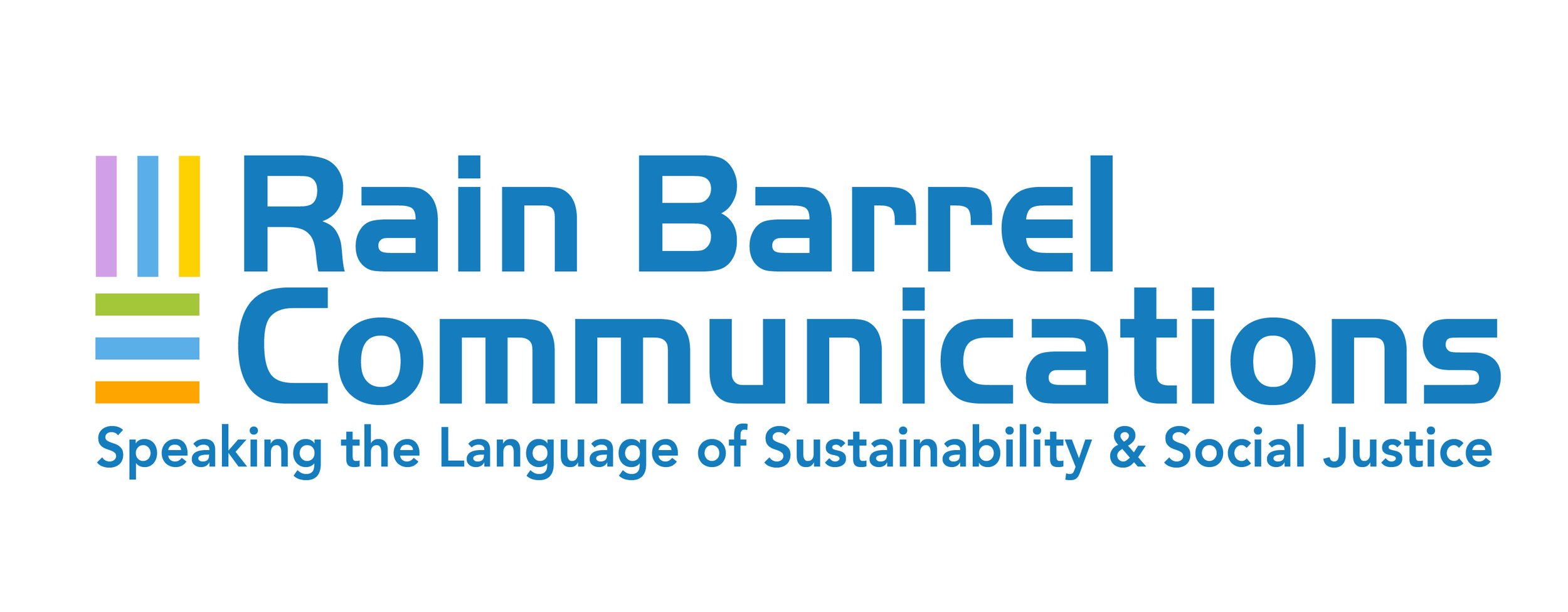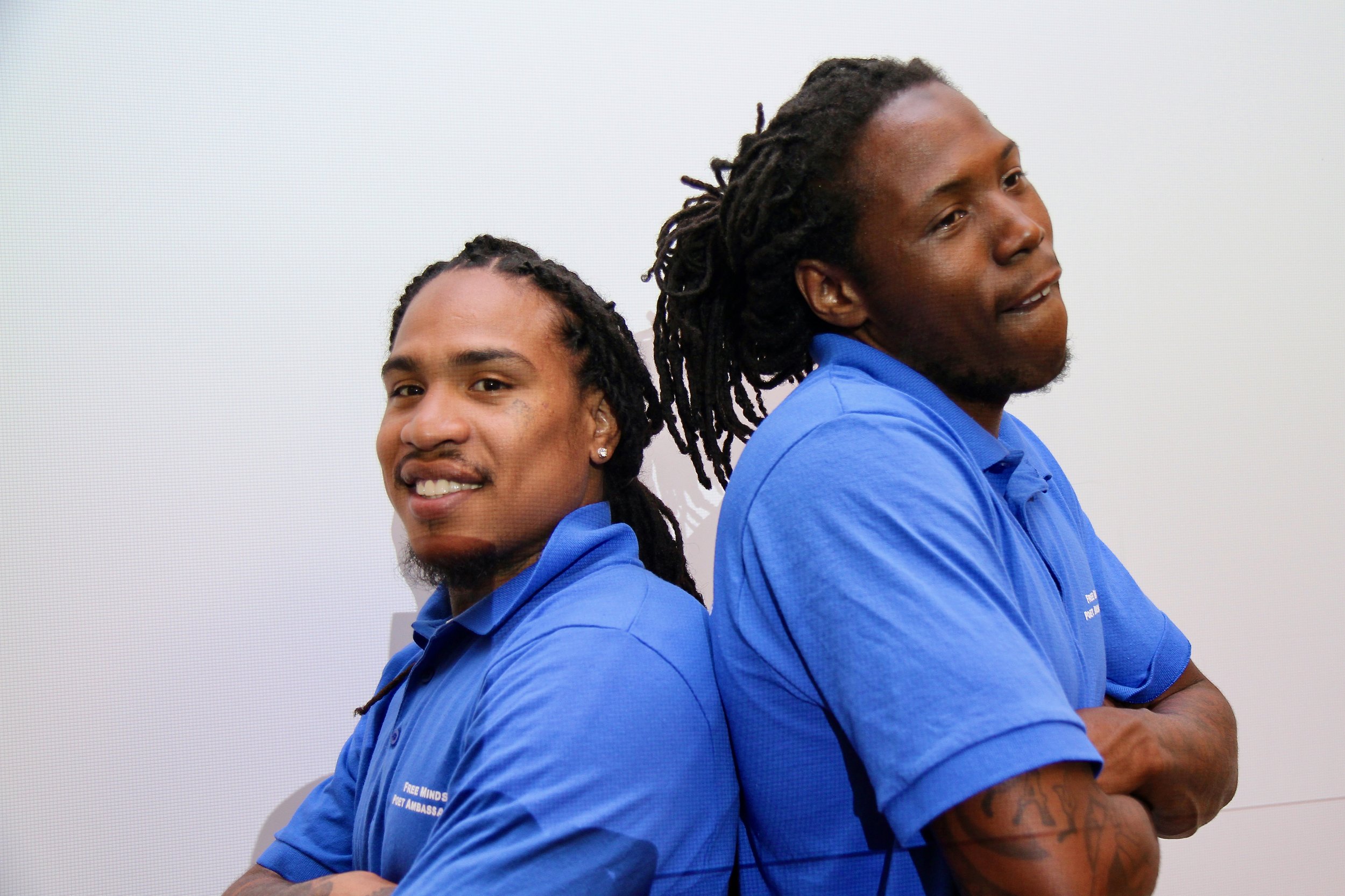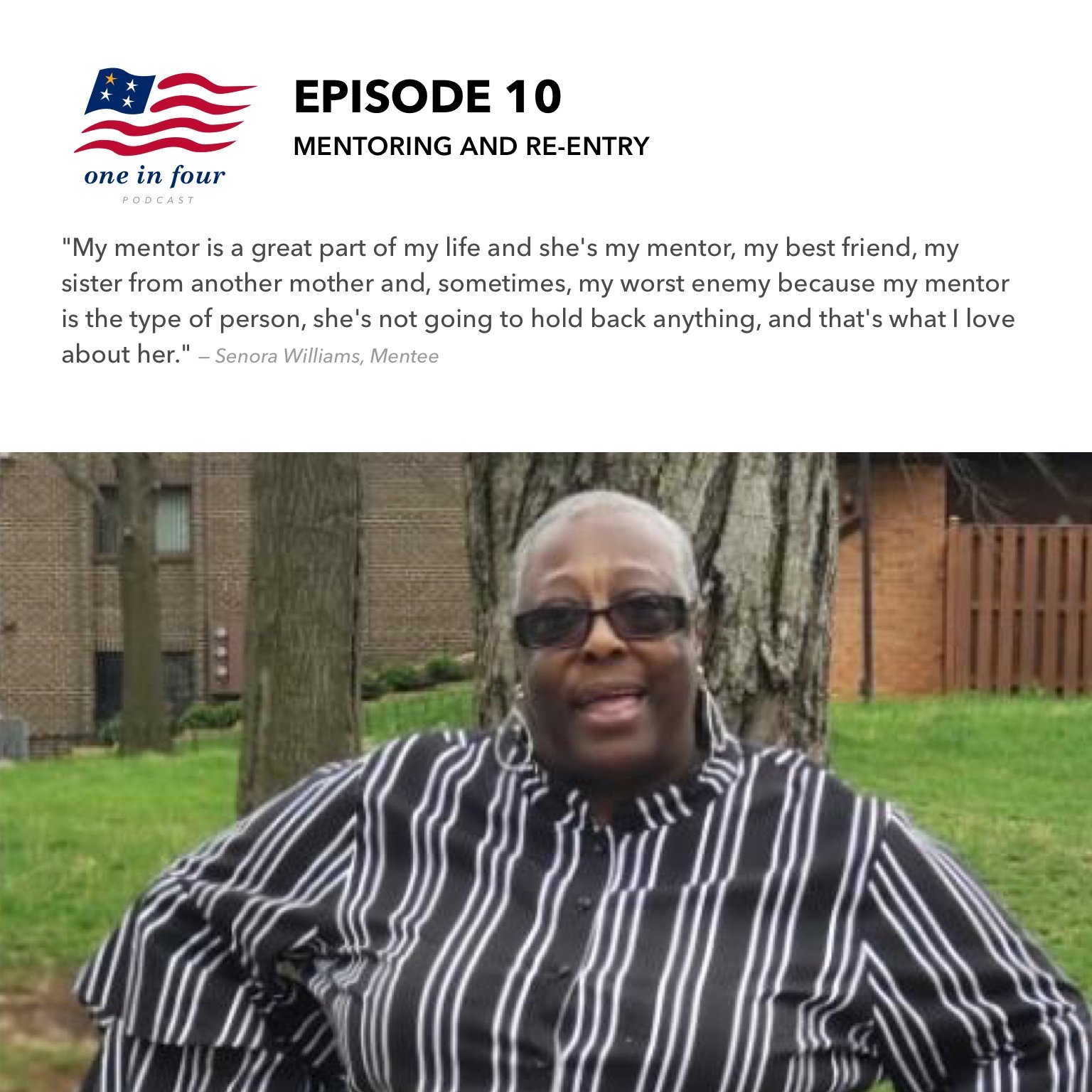Re-entry from Prison: Mindset and Behavior Change
By Beatrice M. Spadacini
A few years ago, I took some time off in between jobs to dive into a personal project. For about 18 months, I worked on a podcast series called One in Four, which focused on re-entry into society after incarceration. Statistically speaking, one in four adult Americans has a criminal record. Depending on race and socio-economic status, one fourth of the adult U.S. population may be discriminated against for life.
Inspired by a dear friend who created Free Minds, a non-profit that provides emotional and re-entry support to minors sentenced as adults in the District of Columbia, I embarked on a storytelling journey that taught me a great deal about inequity in the U.S. criminal legal system. But, most surprising of all, I learned about resilience, self-motivation and the power of committing to a new mindset.
Founded in 2022, Free Minds focuses specifically on young men, generally 16 or 17 years old, who are sentenced as adults under Title 16. Photo courtesy of Tim Nicholson
Many of the people I interviewed for this project told me that their past behaviors - as young men or women – paved the way to their incarceration experience. None of them denied responsibility for their actions. They said this, despite the overwhelming evidence that race and economics play a major role in determining who has the highest probability of ending up in prison in the United States of America.
Breakthrough moments
As I collected stories in the nation’s capital (Washington D.C.) and beyond, I came to realize that many people who spend time behind bars eventually have a breakthrough moment that compels them to change their mindsets and choose a different path. For Tony, it was the birth of his son. For Ron, it was his Christian faith. For Kadijah, it was the humiliation she endured while being pregnant in jail. For Lynda, it was a vision board that helped her see new life possibilities for herself. For Nhut, it was the Buddhist teachings of his childhood. For Maurice, it was a passion for cooking, coupled with maturity.
Senora Williams returned home from prison and was fortunate enough to find a mentor for life. Her experience highlights the importance of this type of relationship when navigating the re-entry process. Photo courtesy of One in Four podcast
Other factors also influence whether an inmate who has a breakthrough moment will stay the course or fail. One of the most important behavior determinants is mentorship: steady support from another person who believes in their potential and gives them a second chance. This is especially critical during the re-entry process, when a person completes their incarceration period and is sent back into society. Other factors include family networks, access to housing, the ability to work, and to slowly rebuild a life.
But what I found most remarkable was the sheer determination of formerly incarcerated people to make it against all the odds. The term recidivism refers to the probability that a convicted person will relapse into a life of crime after serving their sentence. The United States has one of the highest recidivism rates in the world. According to the National Institute of Justice, almost 44% of people released from prison are back within a year. In 2005, about 68% of 405,000 released prisoners were arrested for a new crime within three years, and 77% were arrested within five years.
Purpose and service
Evidence shows that changing behaviors is particularly hard for those who have been incarcerated. Prison time, in theory, is supposed to offer rehabilitation and time for self-reflection. But the reality is that most correctional facilities perpetuate trauma and even encourage criminal behaviors. Many of the people I interviewed shared that access to drugs is commonplace inside prisons since they are often smuggled in by prison guards or by inmates who have special protection and status. Surviving incarceration does not guarantee a smooth re-entry process. On the contrary, it may hinder it.
Dr. Ronald Garrett is the Reentry Coordinator for Catholic Charities in Washington DC and an accomplished scholar and a deacon who got a Masters degree and a Doctorate in Ministries. His story is a testament of what is truly possible if we put our minds to it, regardless of the circumstances one faces. Photo courtesy of One in Four podcast
So, what reduces the probability of someone going back to prison after having been incarcerated? What motivates people to change their criminal behaviors? What compels them to become productive and responsible citizens? These were the questions I asked myself, and everyone I interviewed, during my project. Though I did not find the magic answer, I do have a few takeaways to share.
All the people I spoke to wanted to change their lives for the better. They wanted to have purpose and help others not make the same mistakes. Those lucky enough to land a job were often in the service industry and many of them in organizations that help the formerly incarcerated. They found enormous satisfaction from being able to give back and helping others overcome re-entry challenges.
Tony Vinson, who was Recruitment and Intake Coordinator at DC Central Kitchen when I interviewed him, told me:
“The best part of this job is that I get to see individuals who enter this program at some of the worse crossroads of their lives. I see them when they are down and out, when they are struggling, coming from incarceration and addiction. Then I see these same individuals graduate and move into great jobs. Their moms are happy and crying because they see their child turn their life around. That is inspirational because it helps me grow as an individual. I get to change that criminal lifestyle that I used to do and turn it into something positive.”
Many also created their own jobs because their criminal record prevented them from getting hired. Some, like Marcus Bullock, have become business celebrities and turned their commercial ventures into solutions for strengthening the bond between inmates and their families. Flikshop, his start-up, is now a recognized social enterprise with venture capital of its own.
Policies and pathways
Joshua was passionate about bringing healing and love to all those who suffer from trauma. Photo courtesy of One in Four podcast
Surely, mindset alone is not sufficient. But it is a first and essential step. Changing criminal behaviors requires policies that facilitate pathways to re-entry. The former inmates I interviewed made it clear to me that we need laws and services that support those who come out of prison to stay out of prison. Formerly incarcerated people need access to safe and stable housing. Not having adequate shelter increases their chances of ending up on the streets. They also need mental health support and social services. Prison time is a traumatic experience and one that triggers existing trauma. Many formerly incarcerated people suffer from post-traumatic stress disorder or PTSD. They need psycho-social support. If they suffer from addiction, they need treatment. Above all, they demanded acceptance and respect, not discrimination and stigma.
Career counseling and job training are also essential, they stressed. Spending time locked up in a correctional facility without access to technology makes it hard to re-integrate in an increasingly digital and cashless economy. Simple tasks like hopping on a bus or taking the metro become stressful experiences if one does not know how to navigate an automated world. Policies must also incentivize the hiring of formerly incarcerated men and women. Employers who offer “second chances” must be rewarded with tax cuts or other incentives, while socially conscious consumers can be intentional about choosing stores and companies that hire formerly incarcerated people.
One in Four was a project that amplified the voices of formerly incarcerated individuals. Their moving, deeply personal stories connected the dots to systemic injustices that fuel poverty, racism, crime and incarceration. The biggest takeaway for me, as a communicator, is our responsibility to promote social justice at the same time as individual behavior change. In many ways, Rain Barrel’s mission is remarkably compatible with the goals of criminal justice reform advocates.





